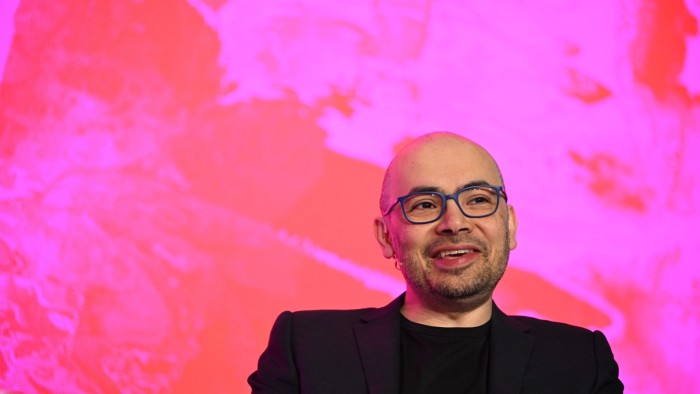Stay informed with free updates
Simply sign up to the Artificial intelligence myFT Digest — delivered directly to your inbox.
Google DeepMind and OpenAI’s artificial intelligence models performed at a “gold-medal level” in a competition known as the “coding Olympics”, marking a milestone in the technology’s development.
The AI models achieved the result against the best human competitors at the International Collegiate Programming Contest (ICPC) World Finals in early September.
The competition is considered the most prestigious programming contest in the world. Former participants include Google co-founder Sergey Brin and OpenAI’s chief scientist Jakub Pachocki.
The ChatGPT maker’s AI models would have placed first in the competition, the company said on Wednesday. Its latest GPT-5 model solved all 12 problems, 11 of which it got on the first try. OpenAI and DeepMind were not official competitors.
DeepMind, the London-based laboratory run by British Nobel laureate Sir Demis Hassabis, meanwhile, said its AI reasoning model, Gemini 2.5 Deep Think, would have ranked second overall in the competition. It also solved a problem that no human competitor could complete.
The breakthrough comes as software engineers increasingly use the newest generation of AI models to assist with computer programming.
DeepMind’s technology has been used to win against humans in other elite competitions, from beating the world’s best player at the board game Go, to achieving gold at the International Mathematical Olympiad. OpenAI also won gold at the same maths competition this summer.
Quoc Le, vice-president of Google DeepMind and a Google fellow, said: “This is a historic moment towards AGI,” referring to artificial general intelligence — systems that surpass human capabilities — a major goal for AI researchers for decades.
Jelani Nelson, chair of University of California, Berkeley’s electrical engineering and computer sciences department, said: “It’s impressive for a purely AI system with no human in the loop to be able to get the performance that they did.”
“If someone had told me just a few years ago that we would have new technology that was able to perform at this level in math and in computer science, I would not have believed them,” added Nelson, who has coached several ICPC teams at Massachusetts Institute of Technology, Harvard and UC Berkeley.
In the coding competition, teams of three are given one computer with which to solve 12 hard programming problems in five hours. Teams are ranked on speed, accuracy and the number of questions they answer. This year, competitors were able to solve 10 out of the 12 questions. From the 139 competing teams this year, only four teams won gold medals.
To solve the problems, participants have to understand complex problems, have a logical plan to solve them, and execute them without errors. Hard maths problems also require abstract reasoning skills and creativity.
The AI tools had a crucial advantage over people: they did not have to work in a team.
“When I coach my teams, the assumption is that I don’t have to teach them how to solve problems . . . I can only give them advice on how to work together in a stressful situation,” said Bartek Klin, an associate professor of computer science of the University of Oxford, and an ICPC coach.
The DeepMind team used “reinforcement learning” — a technique that rewards AI systems for desired outcomes — to train its Gemini model further with very hard maths, reasoning and coding problems.
OpenAI used its latest GPT-5 model for all problems except the final and hardest one, which it solved using a combination of GPT-5 and an experimental reasoning model.
Competitive coding is the “ultimate thinking game”, because it requires models to come up with new approaches and generalise learnings, instead of just memorising solutions, said Heng-Tze Cheng, research director and principal scientist at Google DeepMind.
But Oxford university’s Klin said success in a competitive coding environment that prioritises speed does not necessarily translate to great software development in practice. “In real life, the hardest problems are the ones that take half a year to think about,” he said.
While the Gemini model solved a problem the competitors could not, it did not answer all the tasks that some of its human counterparts completed. DeepMind said the experiment showed how AI models could “provide unique, novel contributions that complement the skills and knowledge of human experts”.
Le said the advancement also has the potential to transform many scientific and engineering disciplines, which require mathematical understanding and coding, such as designing new drugs and computer chips.
Le said: “Solving math and computer competitive coding is a key step to understanding how our intelligence works.”
Read the full article here
